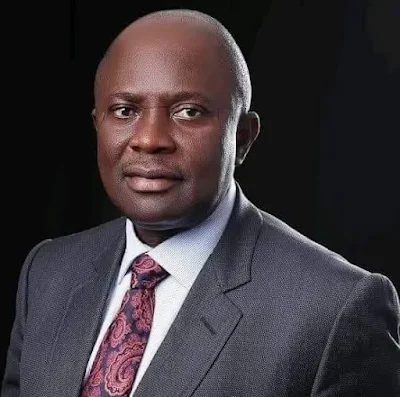Paul Kagame, president, Republic of
Rwanda and K Y Amoako, founder, African Center for Economic Transformation, a
Ghana-based think tank have concurred that Africa can and should be the world’s
breadbasket, NaijaAgroNet
reports.
The two leaders took this stand in their
contribution to Project Syndicate, an
organisation that provides readers with original, engaging, and
thought-provoking commentaries by global leaders and thinkers. By offering
incisive perspectives from those who are shaping the world’s economics,
politics, science, and culture, creating an unrivaled global venue for informed
public debate.
They argued that to realise this vision
– and to do it in an environmentally sustainable way – its agricultural sector
must undergo a genuine transformation that entails higher capital investment,
significant crop diversification, and improved linkages to burgeoning urban
consumer markets.
Africa, NaijaAgroNet gathered, must start
manufacturing more value-added food products for both internal consumption and
export, especially to countries like India and China, where demand is growing.
From Europe and North America to
East Asia and Latin America, agricultural advances have proved to be key
precursors of industrial development and gains in living standards. Africa has the added benefit of technologies
that other regions lacked at this stage of their agricultural development, from
cost-competitive off-grid solar power to mechanisms for mapping soil
characteristics, regulating water use, and ensuring farmers’ access to accurate
price information.
And innovation is already happening.
Rwanda, for example, is working to link agriculture support with broader services
like electricity and education. And the country’s farming communities are
pioneering participatory decision-making structures for agricultural planning
and conflict-resolution mechanisms to settle disputes among growers, NaijaAgroNet learnt.
To bolster agricultural innovation
and modernisation, governments must ensure that farmers have secure titles to
their land, and thus an incentive to make the needed investments. The challenge
lies in the fact that, in many parts of Africa, land is communally owned, with
almost everyone in a village having traditional rights to some farming land – a
system that has helped to prevent landlessness and destitution in rural areas.
Cyriacus Nnaji/ED,OPs
... Linking agrobiz, sustainable environs, people & technology
Pix: Paul Kagame and K Y Amoako,












